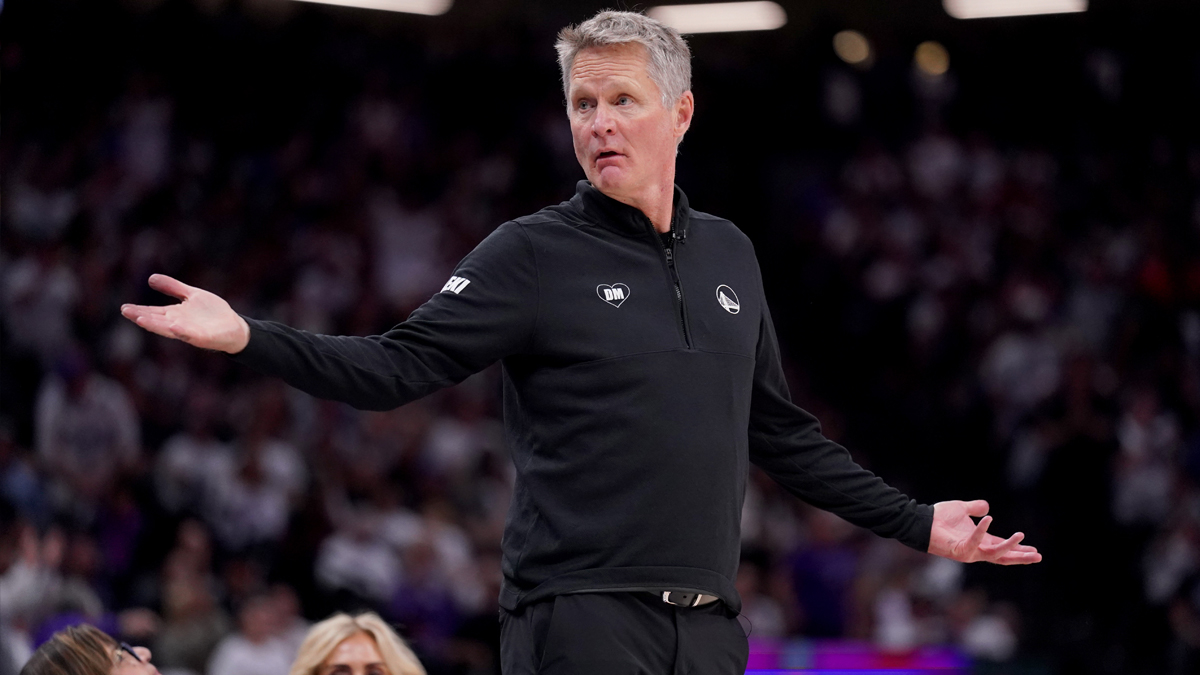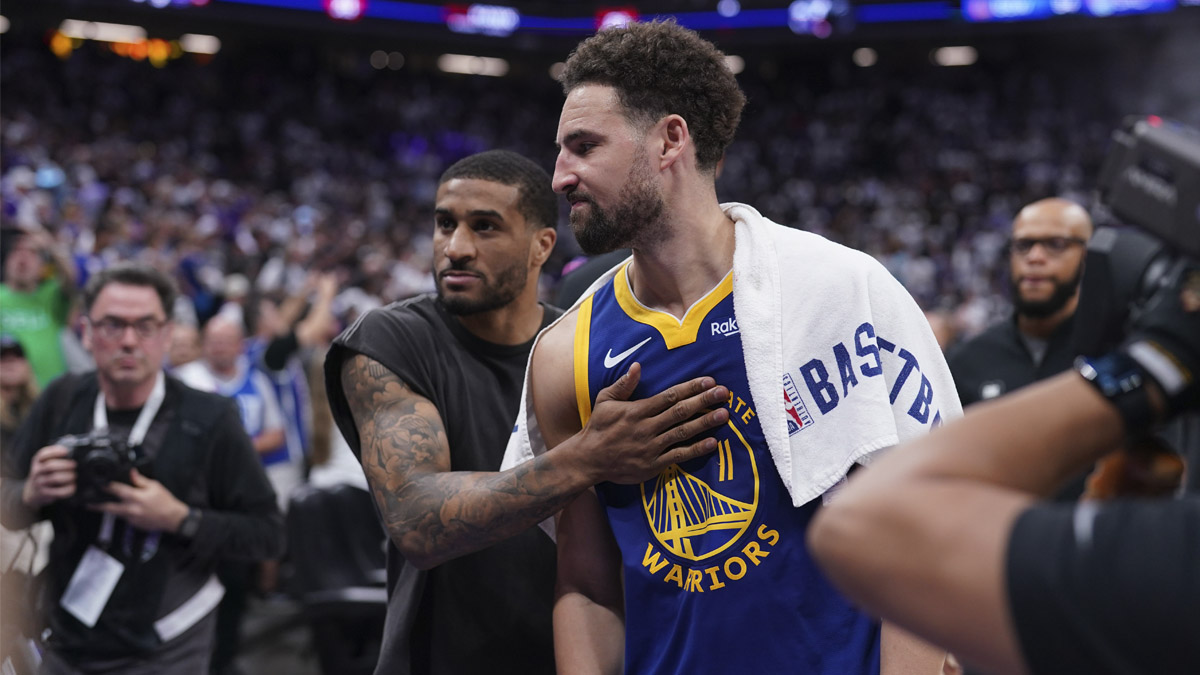RIO DE JANEIRO – Alexander Massialas had just won the first U.S. Olympic individual men’s fencing silver medal since 1932, but in those first several seconds he felt more like he had lost the gold.
Chest-thumping Daniele Garozzo beat Massialas 15-11 in the foil final Sunday evening. In the immediate aftermath, Massialas froze in a crouch, surrounded by the din of erupting Italian fans.
Coach and father, three-time Olympian Greg Massialas, came up behind his son and said two words that will stick with the 22-year-old.
“It’s OK.”
Then Massialas got up.
“It doesn’t sound like a lot, [but they] mean the world to me,” Massialas said later, his eyes still red from medal-ceremony tears. “To know that he was proud.”
Massialas was disappointed for the opportunity missed. He could have become the first U.S. man to win a gold medal in modern Olympic fencing.
Sports
Ranked No. 1 in the world, the Stanford mechanical engineering major authored an epic comeback in the quarterfinals a few hours earlier, scoring seven straight touches to avoid elimination.
The next opponents that stood between Massialas and gold were relatively unaccomplished, ranked Nos. 6 and 11 in the world with no prior individual Olympic or world championships medals.
He dispatched the first, Brit Richard Kruse, but not Garozzo, who earned Italy’s 125th Olympic fencing medal. No country has more. And Italy doesn’t have more in any other sport.
The U.S. is far less decorated in fencing, one of five sports to be held at every modern Olympics since the 1896 Athens Games, along with cycling, gymnastics, swimming and track and field.
If Massialas had beaten Garozzo, whom he lost to for the first time as a senior fencer Sunday, he would have ended the longest U.S. gold-medal drought for one gender in one sport in Olympic history.
“He’s very sad about this moment,” said Greg Massialas, who wouldn’t let his son fence when he began clamoring at age 5 but relented at age 7. “He really dreamed of getting that gold medal.”
The last time a U.S. man won an individual Olympic fencing gold medal, he did it with a wooden stick.
Albertson Van Zo Post captured the St. Louis 1904 singlestick title. Singlestick had never before and would never again be contested at the Olympics.
What’s more, old Albertson was one of just three fencers in that 1904 singlestick competition. And the other two were American.
“And back then, it was a European sport,” Greg Massialas said. “It’s a little different scenario.”
Massialas, born in 1994, was the youngest male member of the 2012 U.S. Olympic team across all sports.
In London, Massialas finished 13th individually and fourth with the U.S. team, putting him right on track for a sport where veterans prosper.
He won individual silver at the 2015 World Championships and ascended to No. 1 in the world rankings for the first time last fall.
But Massialas was nearly knocked out in in the quarterfinals Sunday. Down 14-8 in a sport where 15 points wins, he needed to reel off seven straight touches to beat another Italian, Giorgio Avola, who is ranked No. 8 in the world.
"The bout was 99 percent won,” Avola said. “I messed it up. This is the price of the Olympic Games.”
Massialas, who is 6 feet, 2 inches, 180 pounds, and points his sword toward his family in the stands before bouts, had two and a half hours to rest after that quarterfinal. During that time, he gained a sense of the buzz his comeback created.
“Having the notifications pop up on my phone endlessly during the competition,” said Massialas, who has 2,000 followers on Twitter and 3,000 on Instagram, “even people who have never seen fencing before tweet at me or Instagram me.”
Massialas’ teammates noticed, too. Two-time Olympic sabre champ Mariel Zagunis was in the stands for the quarterfinal, one day before she competes at her fourth Games.
Later, the other three U.S. men’s foil fencers, who with Massialas could end that U.S. Olympic drought in the team event on Friday, hugged him in the media mixed zone after the medal ceremony.
As did his father.
Greg Massialas made three Olympic teams but never an Olympic podium. On Sunday evening, Greg got his first close-up look at a Massialas wearing an Olympic medal.
“Do I get to touch it?” Greg asked Alexander, who obliged.
“Yeah, wow,” Greg said, beaming. “It’s a first one for the family. All right.”
It likely won’t be the last one.
Massialas surely has more lucrative pursuits with two semesters left to finish his Stanford degree after taking a one-year break for the Olympics. One wonders how much longer he wants to continue to fence.
But there are incentives in sticking with a sport that receives little attention, even in the Olympic arena.
For one, there is the chance to be on the same Olympic team as his loudest supporter, 19-year-old sister Sabrina, who won the 2014 Youth Olympic women’s foil gold medal and is a prime Tokyo 2020 hopeful.
On Sunday, Sabrina was covered in red, white and blue, including a cape, headband and mask that she last wore cheering her big brother on at the London Games.
The last four years, that mask sat on her desk at home, so she could look at it daily, reminding her of what was to come.
“I’m so nervous, I want to pee myself,” she said after he pulled out the quarterfinal comeback. “When he won, I was yelling but also on the verge of tears.”
Massialas would also like to match his dad’s accomplishment of making three Olympic teams.
“I can’t have him holding that over my head, right?” he said.



